Sociologists and psychologists have learned how the population treats scientists and applies knowledge
We trust science, but we are in no hurry to become smarter ourselves. This is how, figuratively, we can characterize the result of a large study that scientists prepared in the year of the 300th anniversary of the Russian Academy of Sciences. Sociologists and psychologists spoke at a press conference about how Russian citizens relate to science and scientists, as well as how successfully they themselves improve their level of scientific literacy.

First, some statistics from the Zircon research group, which conducted a joint study with the Institute of Psychology of the Russian Academy of Sciences, covering 1,600 respondents.
⚡️On the one hand, more than 50% of respondents declare that they are interested in science. But, unfortunately, to a greater extent this interest is passive, associated exclusively with scientific television programs that they accidentally came across or news reports in the media or on the Internet. Only 18% purposefully search for scientific news. As before, the majority refers in this case to the media (63% of respondents), social networks are in second place (41%) and telegram channels are in third place (38%).
When asked whether they know world-class Russian scientists, only 12% of respondents answered positively, mainly naming famous video bloggers and doctors, such as Leo Bockeria and Leonid Roshal, as well as one famous TV presenter-doctor.
Among the latest scientific achievements known to citizens, the first place in 2024 was taken by engineering sciences, for which 27% of respondents “voted”, fundamental sciences for medicine (26%), as well as mathematics and computer science (18%) and space (18%).
The Russian Academy of Sciences, which for many still personifies all of Russian science, is trusted by 82% of respondents, thus placing it in the top -3 with the president of the country and the Russian army.
Timofey Nestik, head of the laboratory at the Institute of Psychology of the Russian Academy of Sciences, noted the growing share of Russians who are confident that Russian science has been strengthening its position over the past two years. Scientists have noticed that people's interest in science is increasingly associated not with abstract research, but with those that, in their opinion, lead to greater “cognitive certainty.” Driven by fear for the future, they want to make the world clearer for themselves.
Despite the fact that people are interested in scientific news, scientists do not see, according to Timofey Nestik, positive dynamics in their scientific literacy. Thus, out of 14 test questions, citizens answered only 8 as correctly as possible. Moreover, dynamics turned out to be worst of all related to physics. Judge for yourself: 20% answered “agree” that the Sun revolves around the Earth (in 2023 this was 16%), 21% of respondents agreed that all radiation on Earth is created by man (in 2023 this question was answered positively 18%), 51% of respondents answered that an electron is smaller than an atom, which is true, but last year there were 57% correct answers to this question.

Things are not going well among the people with biological knowledge. Thus, 16% agreed that the first people lived on Earth in the same era as dinosaurs (last year there were fewer of them — 14%) and 36% approved the thesis that antibiotics kill not only bacteria, but also viruses (in 2023 there were 31%).
The worst situation with scientific literacy, according to Nestik, is in youth.
– There are few olympiads and test assignments here. Scientific literacy must be supported by a worldview, by cultivating the need for knowledge, by understanding that one can go towards the same goal in different ways,” the psychologist summarized.
Stepan Kalmykov, Vice-President of the Russian Academy of Sciences, scientific director of the Faculty of Chemistry of Moscow State University, expressed his version about the reason for the decline in scientific literacy among the population. Noting that the media, and especially television, play a very significant role in the popularization of knowledge, in them, unfortunately, the key factor in choosing programs is high ratings, which scientific topics do not reach.
 < span class="article__picture-author" itemprop="author">Photo: Social networks
< span class="article__picture-author" itemprop="author">Photo: Social networks
“Science is far from being a priority in these ratings; such programs are never broadcast in prime time,” says Stepan Nikolaevich. “As one journalist told me, there is an unspoken rule here: “The corpse brings the story to life.” Science, in general, is not so dramatic, it makes you think…
Here the head of the research group, Igor Zadorin, argued with Kalmykov, citing examples of truly popular programs and publications from Soviet times:
Remember how you watched the program “Obvious-Incredible”, what circulations popular science magazines had! I strongly disagree that science is not interesting. Another thing is that it is not shown as interestingly and as dramatically.
And Timofey Nestik suggested that instead of anti-scientific channels, all sorts of “massacres of psychics” harmful to the younger generation, create bright programs about real science and scientists and discover all kinds of children's technical clubs — “something that was extremely effective in Soviet times.”







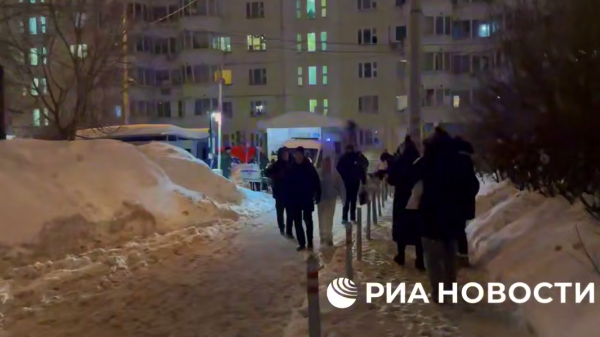
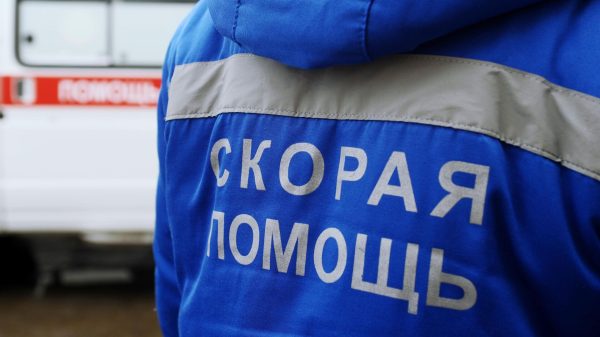

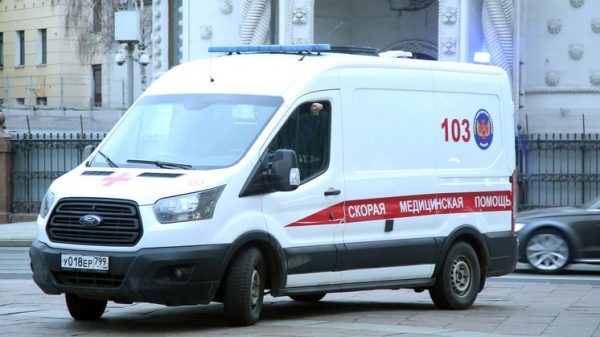


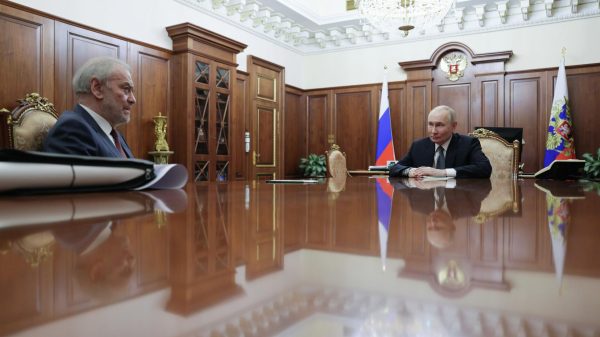


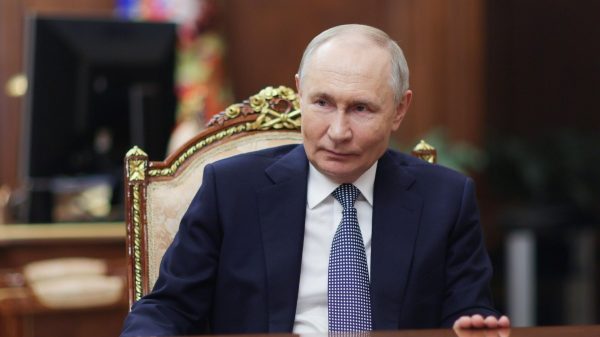
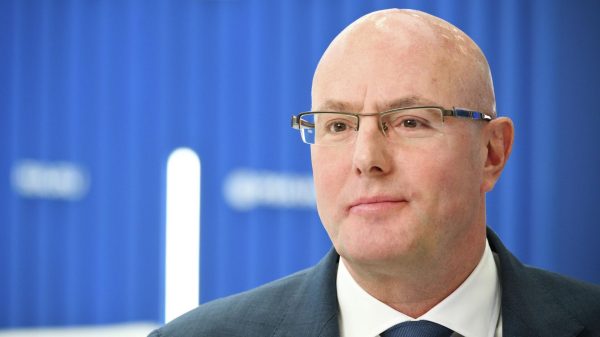

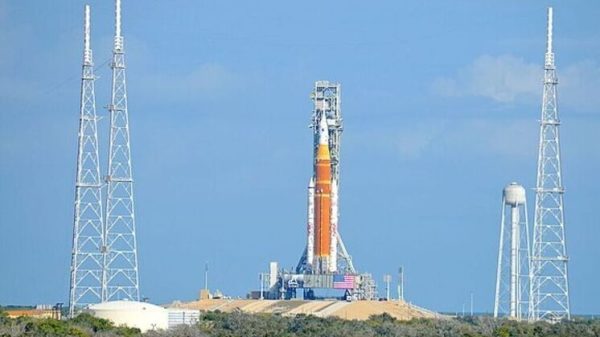
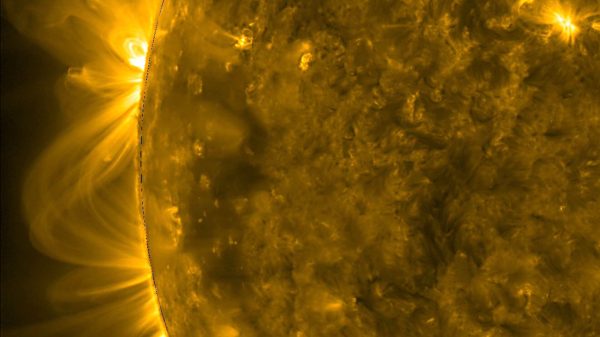











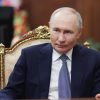

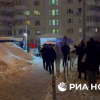
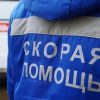

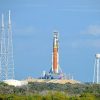














Свежие комментарии